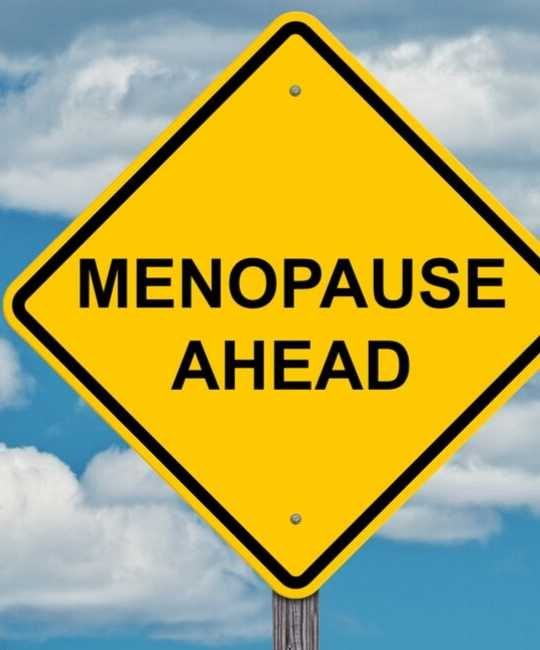Perimenopause is the multi-year process of the hormonal transition from childbearing to menopause. It is a shift similar to adolescence with many similar characteristics. The signs and symptoms of perimenopause are many and varied.

This is the first installment of a multi-part blog series on perimenopause.
As I mentioned on the My Story page, my exploration of raw foods began again recently because of my experience with perimenopausal symptoms. Three years ago, I noticed that I was not feeling like myself: I was extremely lethargic, had trouble sleeping, had a variety of skin rashes, was experiencing “brain fog” and had trouble focusing. I finally visited the doctor and shared a host of subclinical symptoms. My physician recommended visiting a number of different specialists but after my first appointment at the sleep center, I balked at the idea of so many evaluations.
I decided to try a naturopath. After a 10 minute conversation, she said that my symptoms were signs of perimenopause and made some recommendations.
I have been amazed at how little information there is online about perimenopause. There’s a lot of information about menopause, but honestly, I feel like much of the information on perimenopause out there is more confusing than clear.
And no wonder, in my research, I have found more than 30 different symptoms of perimenopause. And truth be told, each individual experiences some but not all of the symptoms. Add to that many of the symptoms resemble symptoms of other diseases, it is easy to see why it is so confusing.
One would assume that the doctor would be a good place to get some help, but I, and many others, have found that because of the specialized approach most physicians use, the process of getting help can take a very long time and use a lot of health care dollars. In truth, perimenopause is something that is a systemic change and for most of us requires a holistic approach.
In most of the literature I have seen, it almost seems as though menopause descends and it’s a short-term, one-time thing. The truth is menopause happens for most of us over a number of years and with an ebb and flow of symptoms.
The following symptoms have been associated with perimenopause:
And this may not be a comprehensive list.
You can understand why many women think they are losing their minds. For me I had a bunch of subclinical symptoms (about 10 different ones). Because nothing was a major problem but as a whole I felt very different than I normally do, it had more of an impact on me than I realized. I also hesitated to see the doctor. And truthfully even when I went to see the doctor I didn’t really remember all of the different symptoms that I was having. It had all kind of crept up on me.
I didn’t actually have hot flashes which is one of the primary indicators I knew was associated with menopause. So I really didn’t make the connection for a long time.
Perimenopause is a complex process of transition that happens to women typically over the age of 40. It can take from a few months to 10 years to completely enter menopause (defined as one whole year without menses). In the next post, we will answer the question many women experiencing perimenopause ask, what is happening to me?
Frequently asked questions about the signs and symptoms of perimenopause.
Hot flashes are NOT the only symptom associated with perimenopause and menopause. Perimenopause is a different experience for every woman and while hot flashes are common, not everyone has them.
Perimenopause is a process. Please do not assume you cannot get pregnant. Seek medical advice on which birth control methods are best for you.
Mayo Clinic
Perimenopause
https://www.mayoclinic.org/diseases-conditions/perimenopause/symptoms-causes/syc-20354666
Harvard Health
Perimenopause: Rocky Road to Menopause
Cleveland Clinic
Menopause, Perimenopause and Post Menopause
https://my.clevelandclinic.org/health/diseases/15224-menopause-perimenopause-and-postmenopause
© 2023 Fiber of Life LLC All Rights Reserved.

Disclaimer The information on this website is NOT medical advice. It is not intended to diagnose, treat, cure, or prevent any disease. Before making any changes please seek advice from a medical professional.
A new chapter is calling.
Women Don’t Retire: How to Live Your Passion and Leave Your Legacy is a soulful guide for women of color navigating life after leadership. Whether you’re stepping away from your career—or stepping deeper into your purpose—this book offers stories, reflections, and wisdom to help you align with what’s next.
Ready to redefine what “retirement” looks like?


